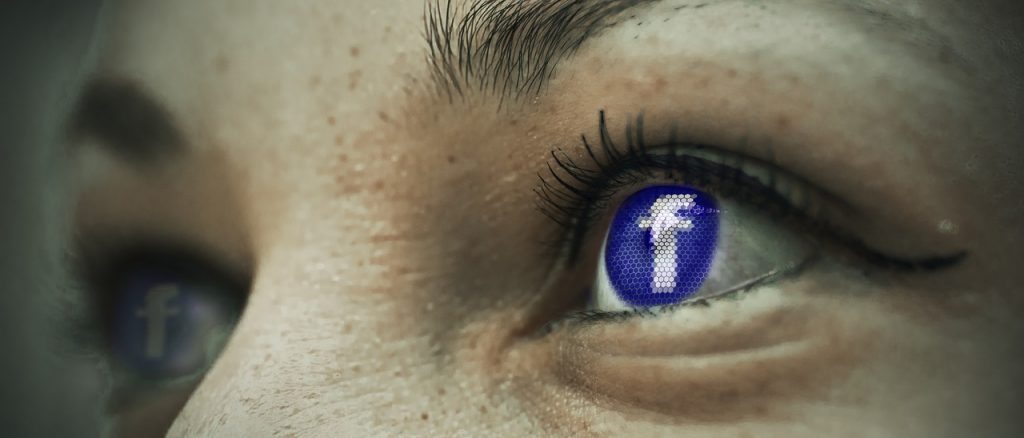You have some down time at home or work, and for so many of us, that’s a call to check your Facebook account and catch up with friends, connect with followers, and perhaps post comments and pictures to try to gain some feel-good likes. Whether this is good or bad is a much-debated topic.
The upsurge of social media has incited positivity about the prospective societal benefits, but also concerns about the damage it causes such as depression, political polarization, and even addiction.
What the Stats Say
In a new randomized study by researchers at Stanford University and New York University, titled The Welfare Effects of Social Media, disconnecting from Facebook for only four weeks can impact one’s behavior and state of mind, improving mental health.
The study was conducted in the buildup to the 2018 midterm elections and comprised 2,844 U.S. citizens who used Facebook for 15 minutes a day or more.
Study participants agreed to deactivate their accounts on the platform for four weeks. A randomly assigned subset was instructed to do so in a way that the researchers verified.
Deactivating Facebook Decreases online activity
Using a set of results from both surveys plus direct measurement showed that deactivating Facebook decreased online activity, including other social media.
At the same time, offline activities such as spending time with loved ones and friends as well as watching TV alone, increased. It also lessened participants’ political polarization, knowledge of current events, and raised their well-being. Moreover, after the experiment was over, participants continued to use Facebook less.

Largest Study To-Date
The authors write that their study is the largest sized experimental proof available to-date on how Facebook impacts a variety of singular and social welfare gauges. Additionally, by deactivating, people could appreciate the platform’s positive and negative effects on their lives.
Pros of Facebook
Researchers used participants’ pre-experiment and post-experiment Facebook assessments to calculate the extent to which aspects (e.g., projection bias) may cause people to overestimate Facebook. The result showed that the extent of any such preconceptions is probably minor concerning the large consumer surplus generated by the platform.
Many people in the sample valued four weeks of using to the platform to be worth $100 plus. These estimates could suggest yearly buyer surplus increases of billions of dollars, and that’s just in the U.S.
Facebook as a mean of Entertainment
The researchers explained that their results on knowledge and news consumption suggest that Facebook plays a significant role as a supply of (actual) news and information.
Participants also accredited Facebook with improving lives in several ways, such as a means of entertainment, a way to organize an activist group or a charity, or as a vital social lifeline for those who would otherwise be isolated.
Overall Negative Impact
Overall, the study finds that while a Facebook disconnect makes people less informed about what’s going on, it does make them less polarized by some measures. This finding is in keeps with the general fear that social media has played a part in the recent upsurge of division in the US.
The estimated levels suggest that these adverse effects are big enough to be real concerns, however also lesser in many cases than what one might have anticipated given past research and widespread discussion.
Study Takeaway
Opinions regarding social media began with optimism about the enormous benefits but gave way to fear about potential evils. However, this pattern could be said about all innovations from nuclear energy to TV.
Together with the outstanding prevailing work by other researchers, the study authors declare that they hope their investigation can support moving the discussion from fundamental exaggerations to actual proof and offer a serious valuation of how new tech can affect both individuals and more significant social institutions.



